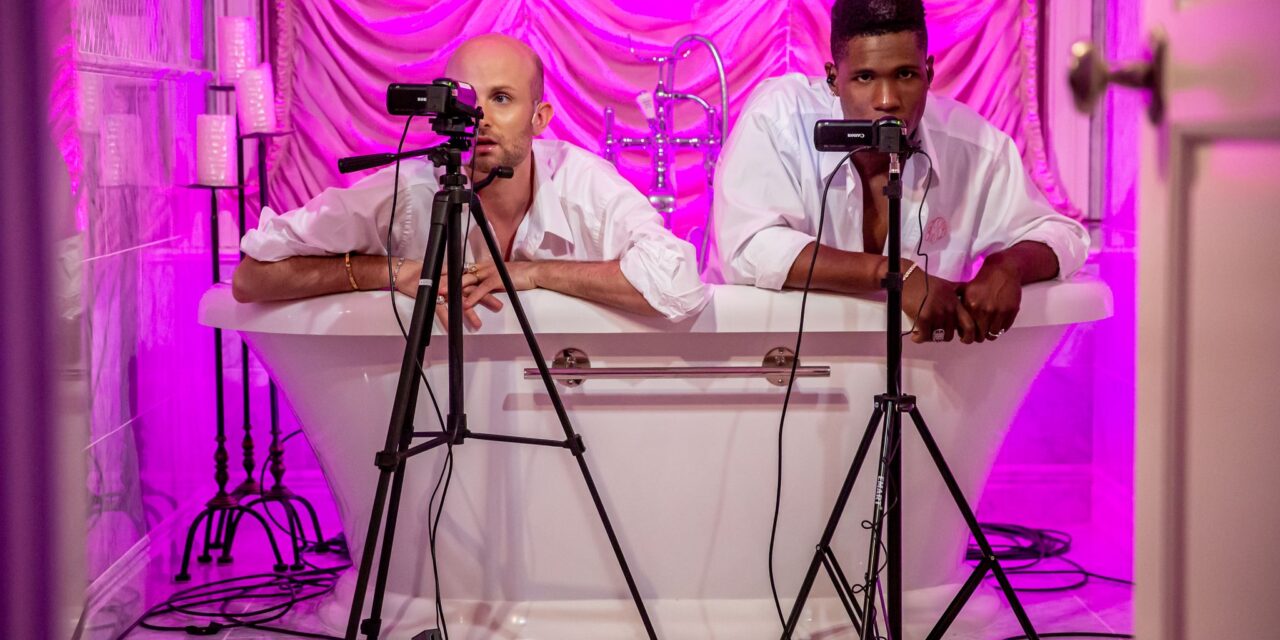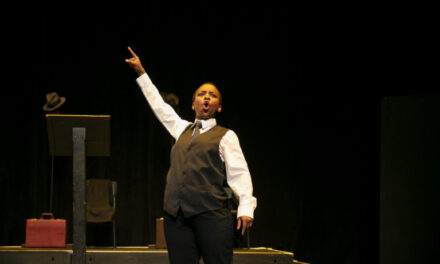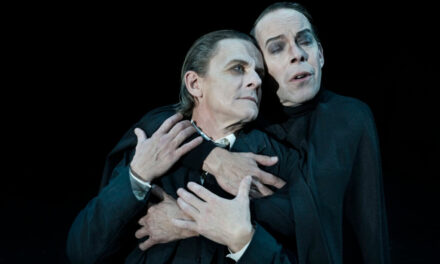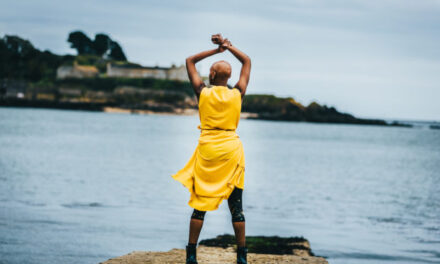“Waking up in the morning, thinking about so many things, I just wish things would get better / I’m trying to get rid of them, but nothing seems to stay the same / Woke up in the morning, doing my hair and makeup, getting my clothes on, walking into school, thinking about what’s going to happen next.”
So goes “Gia’s Sad Song,” a moment on The Real Housewives of New Jersey-cum-TikTok audio meme. In the 2011 clip, ten-year-old Gia Giudice performs the song at her sister’s birthday party. The root of Gia’s sadness? The drawn-out feud between Gia’s parents, Teresa and Joe, and her aunt and uncle, Melissa and Joe Gorga. As Gia sang the song at the birthday party, Joe Gorga was moved to tears. Indeed, there is power in “Gia’s Sad Song.”
In March 2021, “Gia’s Sad Song” was inescapable on TikTok. The trend saw TikTokers upload embarrassing videos of themselves with “Gia’s Sad Song” overlaid on top of the video. The lyrics, evoking teen angst and the longing for a better life, perfectly match the awkwardness that so many of us felt growing up. Now, adults, we look back at these moments and cringe. Whether it was dressing up to catch Justin Bieber’s attention at his concert in Duluth or performing “Single Ladies” in a black leotard at the middle school talent show, we have all been there.
Yet, while a TikTok meme, “Gia’s Sad Song,” was much larger than TikTok. It exemplifies how TikTok is a crossroads of popular culture in the United States. In this case, a clip from season 3 of RHONJ (2011), an iconic character, and TikTok’s knack for virality and shaping culture at large walk into a bar. Hilarity ensues.
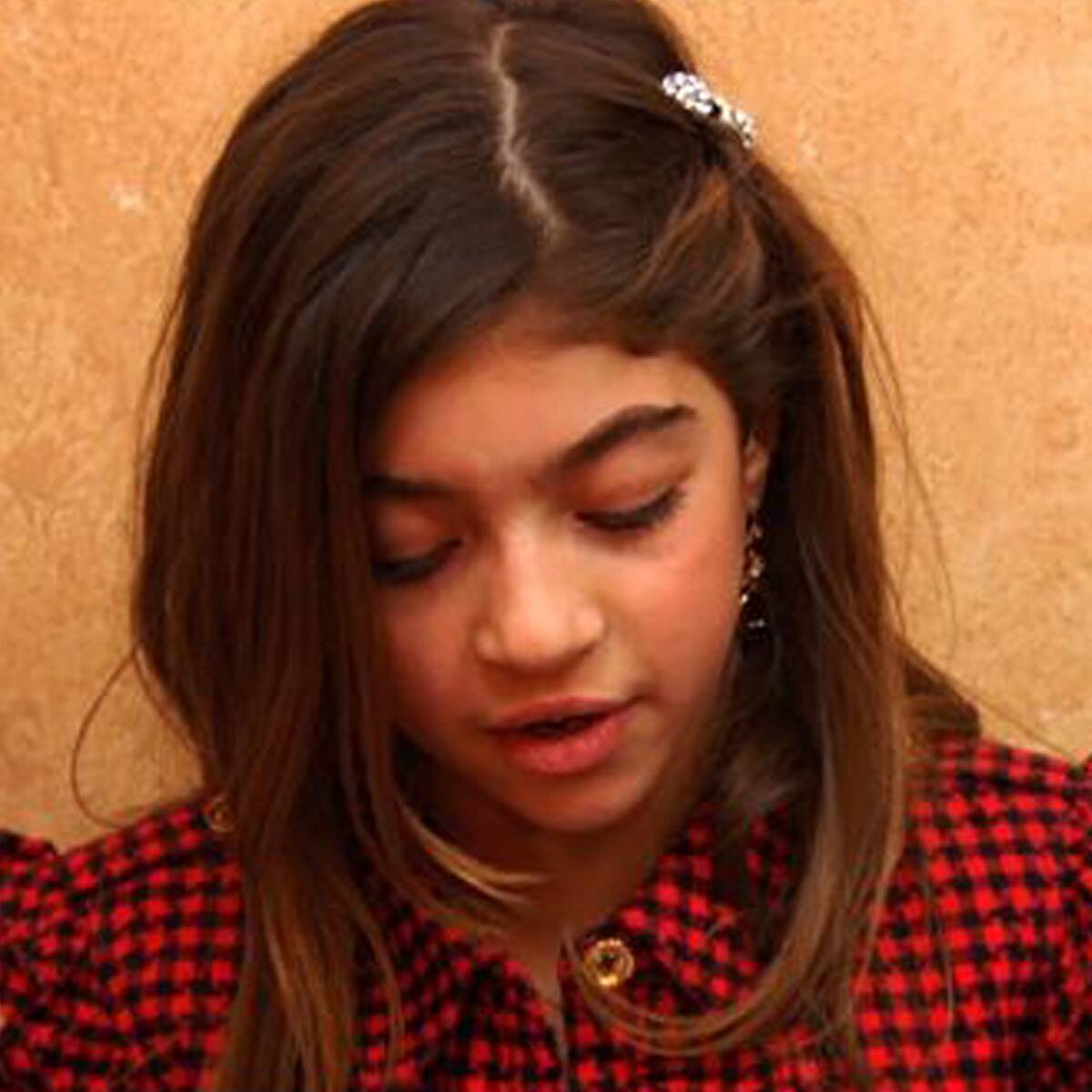
Gia Giudice performs “Gia’s Sad Song.”
The US’s fascination with the Real Housewives franchise began in 2006 when The Real Housewives of Orange County debuted. In the 15 years since, the franchise has only gained momentum, with seasons featuring “housewives” in New York City, Atlanta, New Jersey, D.C., Beverly Hills, Miami, Potomac, Dallas, and Salt Lake City. Real Housewives, it seems, are as synonymous with US culture as baseball, ranch dressing, hot dogs, and pickup trucks. And The Real Housewives is at the center of our obsession with another beacon of US culture—reality television. Dramaturg Cat Rodríguez writes, “It begins with a binge. Or a meme. Or a looping clip, clip, clip. Attractions accumulate. Addiction materializes. We’re possessed. By Housewives.”
This is precisely where Fake Friends’ latest production, This American Wife, draws from. This American Wife is a live-streamed, multi-camera internet play about The Real Housewives written by Michael Breslin and Patrick Foley, who were the masterminds behind my favorite show of 2020, Circle Jerk. This American Wife is directed by Rory Pelsue with dramaturgy by Cat Rodríguez and Ariel Sibert. The show is produced by Fake Friends, Fourthwall Theatrical, and Jeremy O. Harris. Live-streamed performances run through May 29, 2021. The production will be on-demand from May 31 to June 6. And, don’t worry, audiences get a full rendition of “Gia’s Sad Song.” You’re in good hands with Fake Friends.
Breslin and Foley are joined by Jakeem Dante Powel in a (real) Long Island mansion with 15 cameras following their every move. The trio has been obsessed with The Real Housewives for over a decade. Straddling the line between absurdity and reality, the trio (re)imagines a version of reality in which they re-play and remix themes, dialogues, and moments from The Real Housewives franchise. What begins as fun and games and a riff on our collective, obsessive meme culture soon turns into a dark comedy about identity, desire, and repulsion. This American Wife questions what happens when the gay men who are obsessed with The Real Housewives become the centerpiece of a reality show of sorts, with the cameras turned on then to unpack the relationship between their identities and their love of the Housewives as well as Breslin, Foley, and Powell’s obsession with the desire to see and be seen, which takes on an added metatheatrical context through the live-streamed structure of the show. The entire evening is framed as an episode of The Real Housewives that goes off the rails.
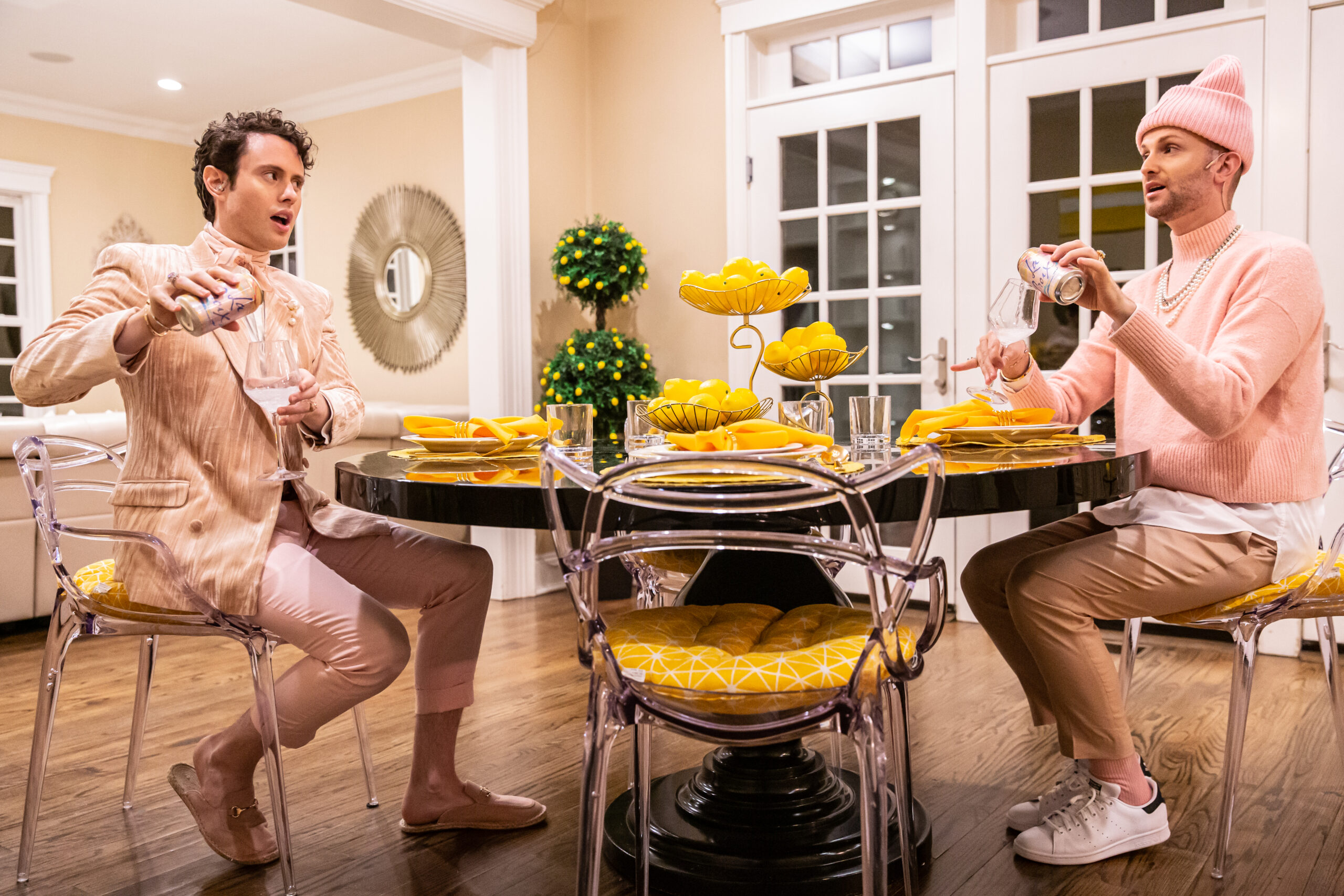
Patrick Foley and Michael Breslin. Photo by Nina Goodheart.
This American Wife begins with Jakeem, Michael, and Patrick traveling in a car. We hear their inner monologues, revealing their connections to The Real Housewives. Once at the Long Island mansion, all hell breaks loose. The production hits a second gear as a meme ballet of well-known and obscure quotes and moments from The Real Housewives erupts. Pelsue’s direction seamlessly facilitates this chaotic first act. Despite knowing little to nothing about the source material, I was mesmerized. In reviewing Circle Jerk, I wrote that the production’s use of TikTok created “embodied memes.” In This American Wife, we see how embodied memes can go a step further. In this case, the production draws from Twitter memes. The memes are ripped apart even as Jakeem, Michael, and Patrick embody the same memes. Memes are inseparable from (popular) culture and, as the trio demonstrates, embodying memes is a vehicle for them to perform and solidify their queer identities. At what point do memes leave Twitter and become part of our analog lives? Even as I type this, I am humming “Gia’s Sad Song” to myself. Like the trio, I can’t escape this reality.
Just when the meme ballet crescendos, there’s a coup de (live internet) théâtre. Patrick grabs the camera and turns it on Michael. As the trio interviews each other, we get an intimate look into their lives and identities, all told through the vehicle of The Real Housewives. They compare their trauma with that of the Housewives. That is, the Housewives are the entry point into an intimate introspective view of queerness and all the messiness that goes with it… Shit gets deep. Real deep.
Patrick asks Michael to tell him about his childhood. He asks Keenan what he thinks about his body. Patrick is asked about what kind of porn he watches. While Jakeem, Michael, and Patrick revel in this alternate Housewives-inspired reality, there is indeed real trauma underneath the surface. For instance, Patrick reveals how he lost his virginity at an improv party in college. The encounter turned non-consensual, shaping his sexual practices and identity in the process. Later in the production’s final act, Jakeem asks Michael, “What’s your reality?” Michael tells the same story that Patrick told, repeating the college rape story. We later learn that the story belongs to Michael. Yet, as Patrick tells us, “It didn’t happen to me but it’s my reality. It’s real to me.”

Jakeem Dante Powell. Photo by Nina Goodheart.
In the green screen garage finale, the trio fully breaks character and discusses the making of This American Wife. As they interview each other, even taking questions from the audience via Twitter, a Real Housewives-esque fight breaks out. Drama ensues over Jakeem’s role as a Black man in this production and he abruptly leaves the mansion. While Jakeem, Michael, and Patrick may make it look glamorous, there is more to them than meets the eye. The final act makes us question: What is scripted? What is real? What is improv? It isn’t even apparent if the production’s tech glitches are actually tech glitches or if they are intentional. The result is something wholly real despite its disrupting of realness.
Like Circle Jerk, This American Wife is live internet theatre. That is, the production is not a streaming video of a pre-recorded production. Oh, no. Not at all. This American Wife happens live as we watch it, with a (riotous) real-time conversation happening on Twitter throughout the show. In fact, the live Twitter conversation around the production is perhaps the best part of watching This American Wife live, especially 15 months after many of us have sat in a theatre alongside a living and breathing audience. Fake Friends breaks open what theatre can be, demonstrating how digital theatre doesn’t necessarily have to be a lackluster substitute for “real theatre” until we can continue producing theatre as we had come to know it pre-pandemic. Live internet theatre is something wholly new, something digitally native. And it’s something I hope continues far beyond the pandemic. As Fake Friends notes, “We’re building on the traditions that have come before as we create a new genre.” If this doesn’t excite you then you can wait for productions of The Sound of Music, Annie, and Guys & Dolls to start popping up across the country (they will!). In the meantime, for those ready to take the plunge into the chaotic world of Fake Friends, fasten your seatbelts because it’s going to be a wild ride.
This post was written by the author in their personal capacity.The opinions expressed in this article are the author’s own and do not reflect the view of The Theatre Times, their staff or collaborators.
This post was written by Trevor Boffone.
The views expressed here belong to the author and do not necessarily reflect our views and opinions.

